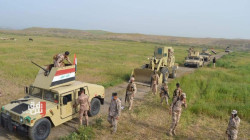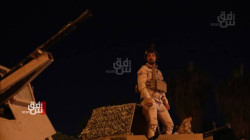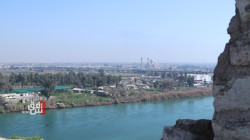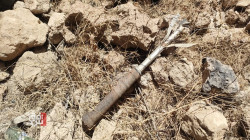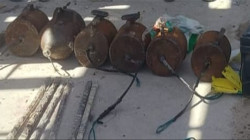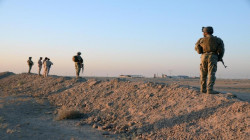Nineveh's "hole of death" to be filled amid controversy
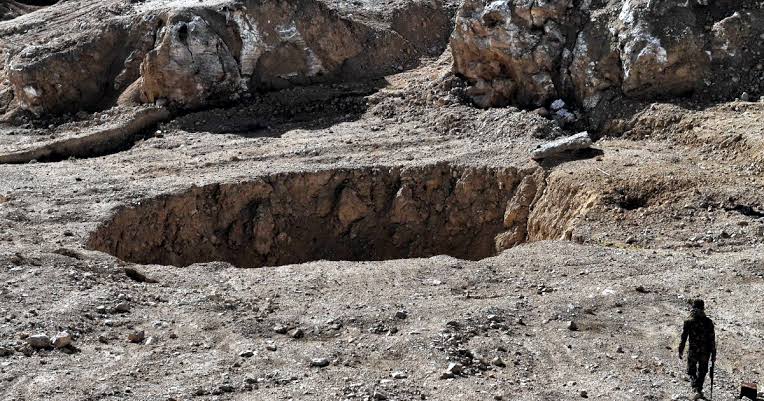
Shafaq News / The families of the missing persons in Nineveh seemed to disagree with the notion of covering the pit and they took social media to express their discontent.
The pit is a deep geological crater south of Mosul, and one of the mass graves used by ISIS to hide the bodies of its victims, i.e., hundreds of civilians and security personnel executed by the terrorist organization during its control over Mosul.
Shafaq News Agency learned that the "pit," which ISIS had previously attempted to replenish but failed due to its size, remained open long after the governorate was liberated in 2017, but was forbidden access to by security personnel controlling the area."
According to a security source, "In 2018, a delegation from Baghdad specialized in mass graves arrived, visited the pit, and was surprised that it was partially backfilled; the delegation prepared a detailed report discussing the89 matter and submitted it to Baghdad, to keep the case pending until this day."
According to the source, "There were no ISIS terrorists in the governorate when the pit was partially backfilled because Nineveh had been entirely liberated. The security units in control of the territory at the time should be held accountable for what happened."
According to human rights organizations, reports from the areas surrounding the pit indicate that ISIS has been executing dozens of people every day for years, and the number of missing victims in it is believed to be in the thousands, making it the largest mass grave in Iraq, if not the world.
Activist Sami al-Faisal confirmed that they have frequently demanded that the pit be excavated, "however, we have received no response from the local or central governments."
He added that "the official in charge of the mass graves informed him of the difficulty of excavating the pit because it requires great international efforts."
Thousands of families of missing victims are still waiting for the remains of their relatives who were killed by ISIS during its seizure of Mosul in 2014.
Fattah Ahmed told Shafaq News Agency that he and his family are looking for his brother, a security guard whom ISIS militants apprehended after the city was invaded. Nearly a year later, ISIS revealed lists of the names of the 2,070 persons it executed and dumped in the pit.
Ahmed added that those were the first disclosed lists after only one year, but ISIS also executed thousands after that, and only a few of the bodies were handed over to their families, "Many more were likely buried in the pit, as nowhere else can accommodate such large numbers of bodies in Mosul."
For his part, Nineveh MP Shirawan al-Dobardani stated that Nineveh deputies intend to launch an investigation to determine the facts surrounding the backfilling of the pit and who carried it out.
MP al-Dobardani confirmed his refusal to "backfill the pit, in which thousands of Nineveh martyrs were buried," and stated his intention to "launch an urgent investigation to find out who attempted to erase the traces of this crime and deny the heroism of Nineveh's martyrs and their patriotic positions against ISIS."
"We have been demanding the excavation of the pit for years, but the government has refused under the pretext that it requires a massive international effort," he said, emphasizing that Nineveh MPs "will never allow backfilling the pit because it is a crime against those who rejected ISIS, and thus it is a blurring of the terrorist organization's crimes against the people of the governorate."
The number of missing people in Nineveh is reported to be around 6,000. On the other hand, the Martyrs Foundation in Mosul reported that it has asked the families of the missing to work on finalizing their sons' papers to declare them "martyrs".
